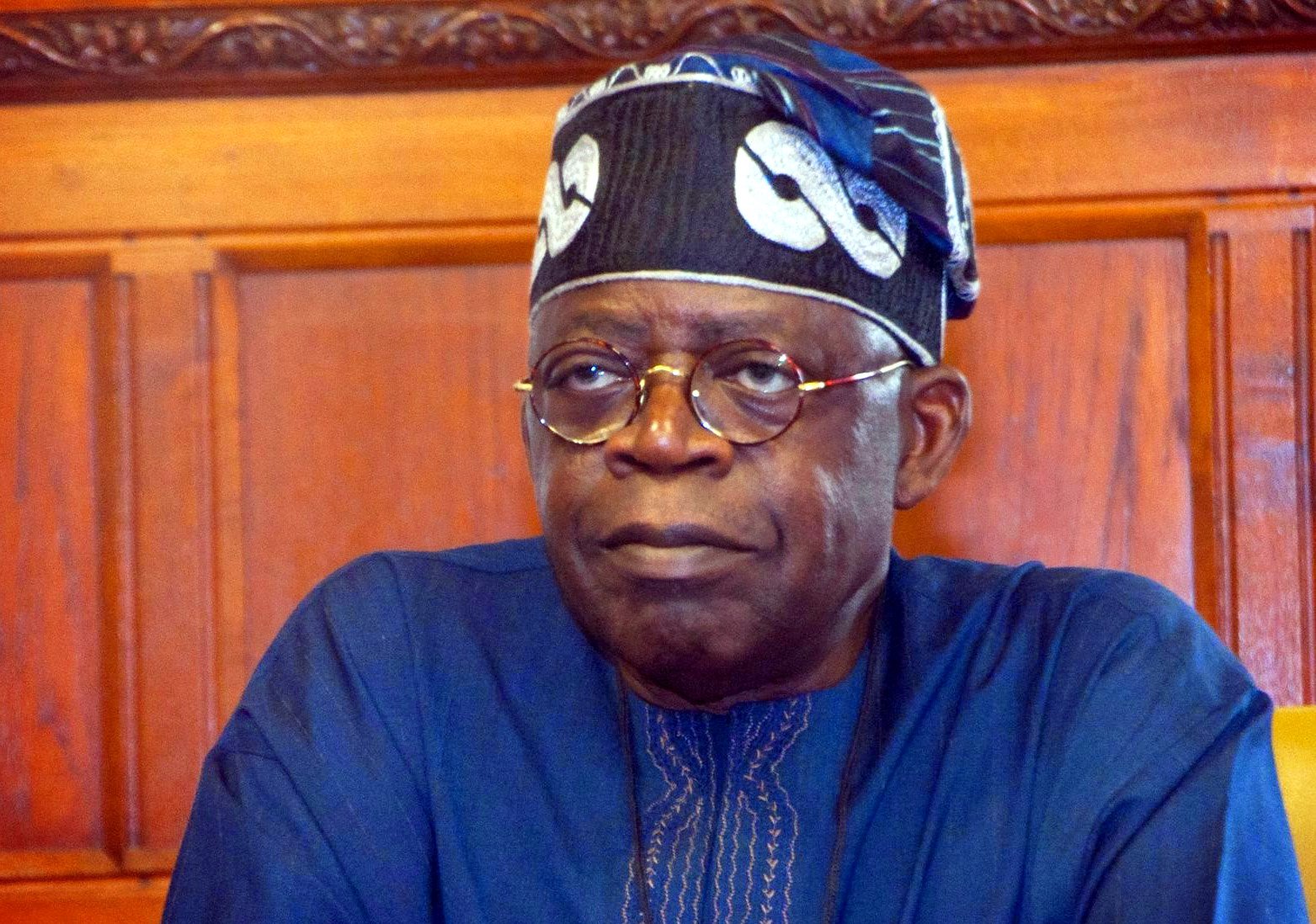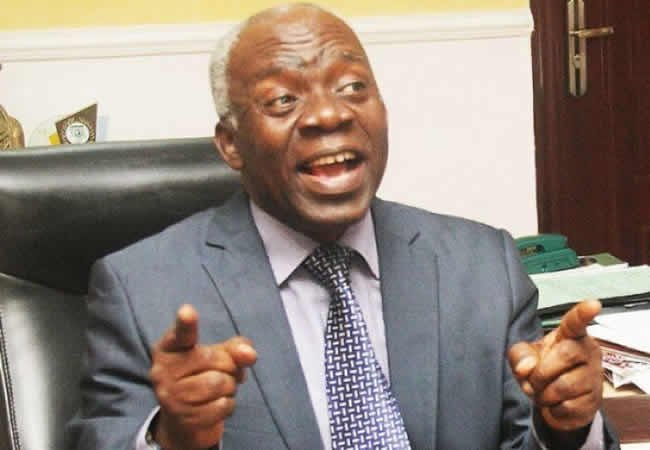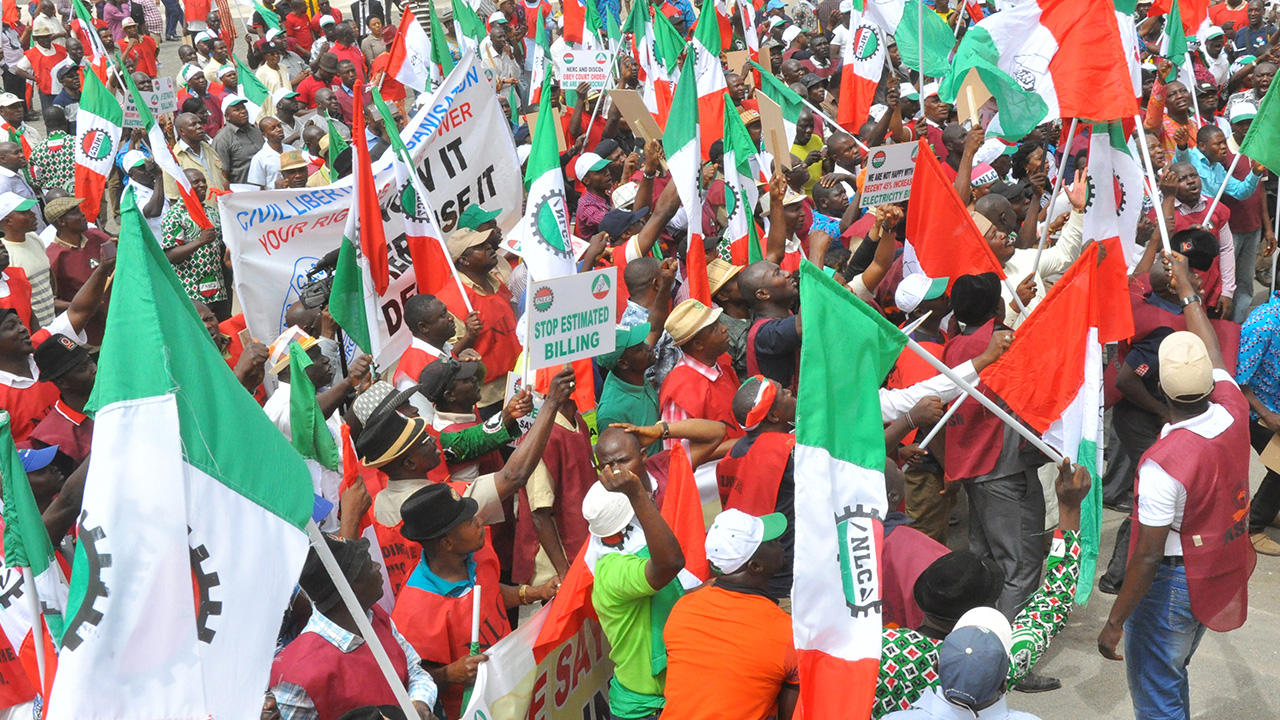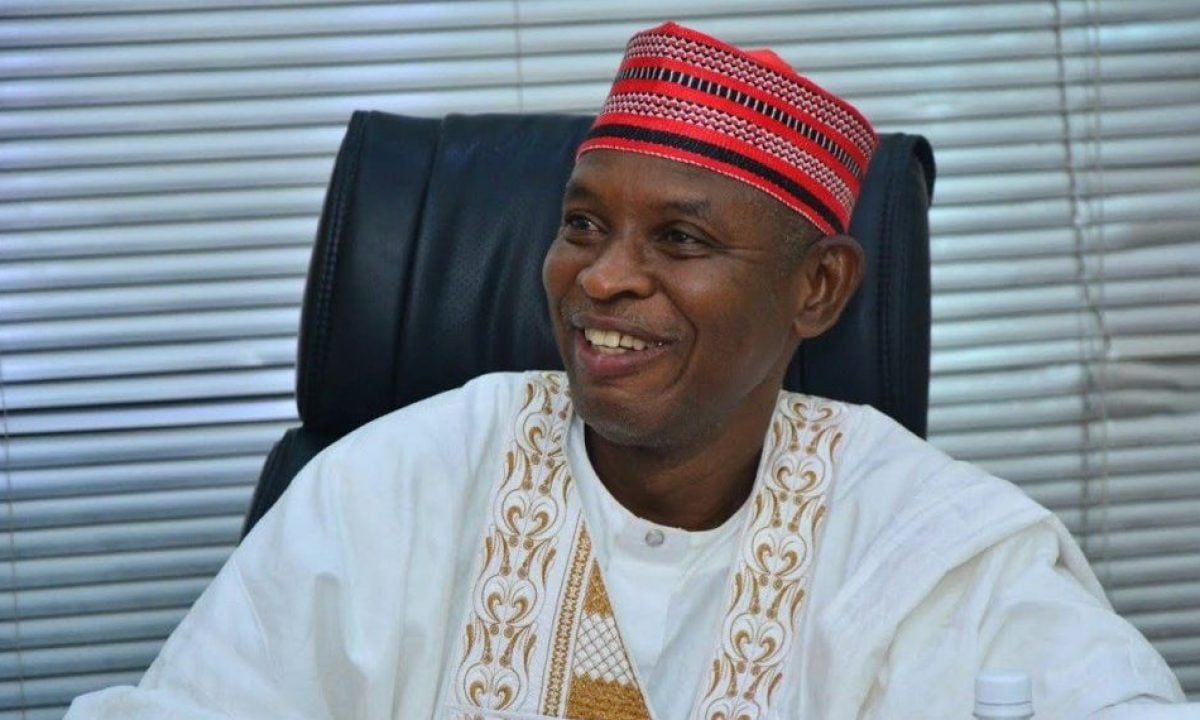News
Petroleum Marketers Struggles To Raise N10bn For New Petroleum Product Orders
Due to their failure to satisfy the increased financial requirement of around N10 billion by the Nigerian National Petroleum Company Limited as the cost of lifting petroleum from their ships, many depot owners may soon close their facilities.
In Lagos State, numerous filling stations were found to not be selling goods to the general public, according to the report from Wednesday.
According to depot sources who spoke to reporters, depot owners were having trouble raising between N5 billion and N10 billion to fulfill new orders from the NNPCL.
“NNPCL has enough stock in-country and we still buy from them pending when arrangements would be made for us to start ordering our products ourselves. Now, we have to raise about N10bn, some N5bn depending on the volume of the order to be able to access new products,” the sources said.
He added that the amount was in addition to the payment already made before the increase in the price of petrol.
The National Controller, Operations of the Independent Petroleum Marketers Association of Nigeria, Mike Osatuyi, told The PUNCH that the affected stations did not have products due to the increase in the prices of products at the depots.
According to him, filling station owners are currently required to have between N22.5m and N23m to buy a truck of petrol, adding that one truck was sold for N8m before May 29.
A former Chairman of the Major Oil Marketers Association of Nigeria, Tunji Oyebanji, also told The PUNCH that 33, 000 metric tonnes of petrol at depots had shut up to as high as N21m.
The PUNCH learnt that many depot owners currently do not have stock as they had exhausted their stocks before President Bola Tinubu announced the removal of the petrol subsidy on May 29.
“Many depot owners would not be able to access funds because banks are skeptical of granting loans to the downstream sector,” a source added.
The pump price of petrol, which was between N179 and N200 per litre before subsidy removal, has skyrocketed to over N500 per litre after the President’s pronouncement.
Oyebanji told The PUNCH that many smaller firms in the downstream sector would be forced to shut down operations and may be bought over by bigger ones due to their inability to meet up with the huge financial obligations to secure new products from the NNPCL.
Sources at the NNPCL told The PUNCH that the company had been having challenges accessing forex from the Central Bank of Nigeria, since the removal of petrol subsidy.
“Since full deregulation started, CBN has stopped giving us forex. We also have to source for dollars just like every other player in the downstream sector. So, depending on the dollar rates and other market indices, we import and have to also factor other costs before we sell to marketers,” the sources noted.
Fuel subsidies had gulped N12tn between 2005 and 2022.





